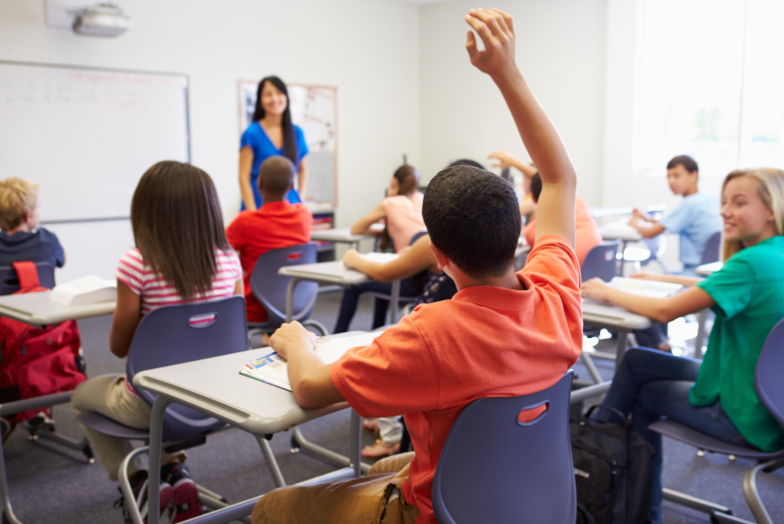College is a place where new ideas are explored and different views are shared. Students have the opportunity to learn worldviews and experiment with those ideas. A place for civil debate and an opportunity to learn through experiences. What happens when a class pushes an idea that a student simply cannot stand behind and support? It has been found that students are reluctant to share their true feelings in certain settings as their opinion could lead to a drop in a grade.
Aydina Fakhiatov shared her thoughts and personal experience saying, “There are times when I have had to change my opinion to pass the class.”
This leads to the question, what would happen if every student who had changed what they say to get a good grade stepped forward and shared their true feelings? Perhaps we would see a greater pushback on the teachings in the classroom if more people were honest.
On the other hand, professors on campus have encountered similar issues teaching students subjects they are uncomfortable learning. Seeking to promote dialogue and discourse, the professors we spoke to would probably love to have students like Fakhiatov in their class.
Professor Kiewitz states “In understanding the greater context around the work, we can better appreciate any art, especially works that are personally challenging.”
Professor Sarah Kiewitz has championed the important role of dialogue and debate as an educator. At Sinclair’s English Department, her long career has given helped her aid students that find themselves confronting material they might not agree with.
“The struggles we face in the classroom should not deter us from the desire to learn but give of us a want to understand”
Rylee Schaeffer
She’s had students express misgivings about literature they feel goes against their beliefs, some even requesting alternative assignments. But it’s in confronting such works of art, Kiewitz believes, that students are able to grow.
Education, the long-time educator explained, is found when you challenge yourself. A sentiment that (the student you interviewed) would agree with. Kiewitz said, “In understanding the greater context around the work, we can better appreciate any art, especially works that are personally challenging.”
Students often forget that part of the educational process is to challenge your own preconceived notions and ways of thinking. Professors like Kiewitz that encourage open dialogue and debate see it all as quintessentially part of the learning process.
“It’s not about marking off a checklist and making sure you write strong papers. Education is about what is happening inside of you as a consequence of having experience that take you out of your comfort zone,” Kiewitz said.
In a day and age where many works of literature are coming under increasing scrutiny as they are banned across the country, the professor has noticed a trend where books are complained about by people that have not even read them. These book bans have targeted great works of art from the likes of Maya Angelou and Margaret Atwood as well as Ray Bradbury and George Orwell.
Maya Angelou’s autobiography is a widely banned book due to it’s raw portrayal of physical and sexual violence and racism. Photo Credit: Random House
“You look at some of the bills being discussed right now and it seems like some of the views students are expressing are not completely their own,” Kiewitz said.
This leads us to the point that we must acknowledge which is that yes, some classes are going to be challenging for some people if they disagree with the content. This does not mean though that we should simply walk away from the challenge we should stand firm in our personal beliefs while still being open-minded to what our instructors are trying to teach us. If we go through an interaction with the intention of learning something new, then when ideas are introduced perhaps we would be better equipped going into the thoughtful discussions held within the classroom.
Our time as students is valuable for the rest of our lives and using the knowledge we gain here can promote further growth amongst ourselves. As Professor Kiewitz says, “Education is found in challenging yourself.” The struggles we face in the classroom should not deter us from the desire to learn but give of us a want to understand.
Rylee Schaeffer, Executive Editor
(Featured Image from Canva)

